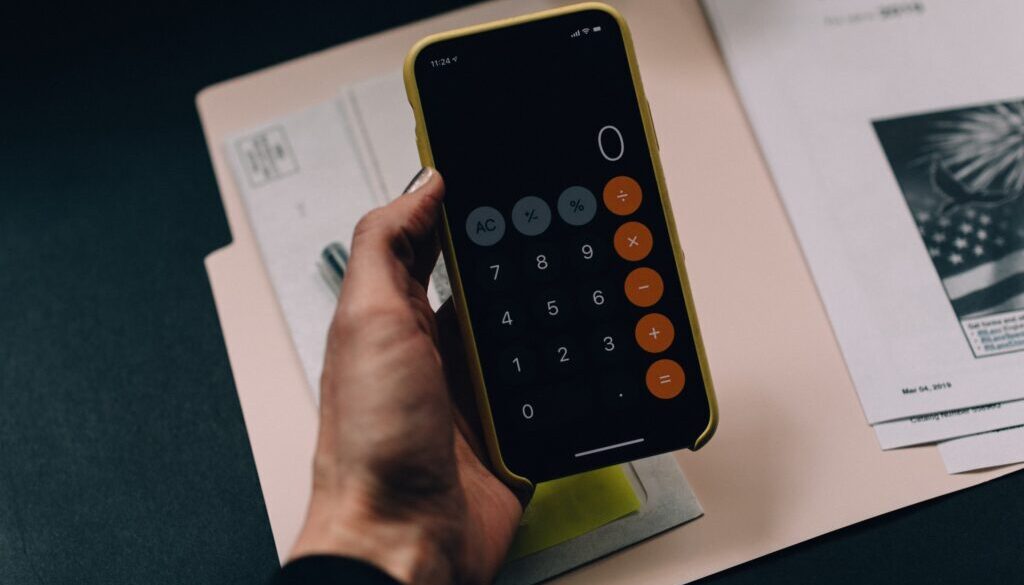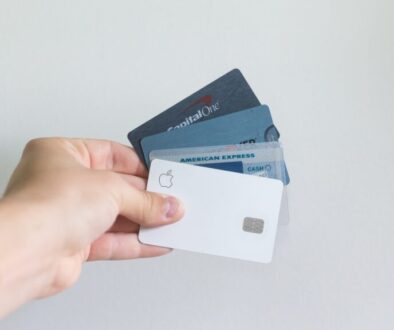Learning to intelligently manage your personal finances can mean the difference between being financial healthy and secure, and ending up bankrupt or severely in debt. It is not easy to learn to manage your finances in the right manner, but it is something that you can, and must, do. Continue reading this article to learn more.
Avoid adding positions to losing trades. Don’t allow a few losing trades to become the start of a bunch of losing trades in a row. It’s better just to pull out and start again at another time. Even just a day free of trading can help you out of your funk when you decide to trade again.
To be on top of global movements in the market, keep up with the news. Especially when trading currencies, it’s important to have a global understanding, something which many Americans take for granted. Knowing what is going on in the world helps you fine-tune your strategy and to make educated market predictions.
The stock market is in a dangerous state right now, so don’t take any big investment risks unless you’re willing to lose a lot of money. Any investment might seem like a good idea at first, but there are a lot of factors that affect stock prices and unless you’re an expert, you won’t see them coming.
Start building up an emergency fund today. In an ideal world you should have at least three months, preferable six months, living expenses stored away. Put it in an easy access, high interest savings account. If you don’t have any money saved, remember that it is never too late to start saving.
Before credit repair can occur, debt relief must first take place. The best way to accomplish that goal is to repay credit cards and other loans, which may require some sacrifices. Reduce your food bill by eating at home more and going out less on weekends. Packing your lunch and avoiding weekend outings can result in great savings, and anyone who really wants to improve their credit should be willing to do so.
Every dollar counts, and you should find all of the coins in your home and put them in the bank. Search all of your couch cushions and pockets of your jeans, to find extra quarters, dimes, and nickels that you can cash in. This money is better served earning interest than lying around the house.
Make sure that you set a goal for how much you want to save per month, whether it is a percentage or dollar amount. Setting this goal will prevent you from extra spending at the end of the month, knowing that you have to hit a certain benchmark to succeed.
Save your money in an account that has high yields. Make sure it is FDIC insured, that there is no risk involved, and that you can access your money when you need it. Accounts like these may seem hard to find, but a little research will reward you and help your investment grow.
One sure fire way to save money is to prepare meals at home. Eating out can get expensive, especially when it’s done several times a week. In the addition to the cost of the food, there is also the cost of gas (to get to your favorite restaurant) to consider. Eating at home is healthier and will always provide a cost savings as well.
Set up monthly bill payments via your bank to make sure your pay your credit cards on time. Not being able to pay your credit card bill in full each month is not as important if you are at least paying the minimum on time to establish a good payment history. By setting up an automatic debit from your bank account, this will ensure that your payments are on time, and you can pay a little extra each month if you are able.
Find out if you will get a discount for making your payments automatically. Many times if you mail your payment you will be charged as much as $5.00 per month. You may find that there is a nice discount for you if you set up an automatic payment through your checking account or credit card.
You should start a savings account for emergencies only. Most people aren’t in the habit of saving money and this is a great way to start a money saving habit. If you have a hard time saving money, have it direct deposited from your paycheck so you don’t have to do it yourself.
If you are up to your knees in credit card debt, do yourself a favor and cut up and cancel all of your cards but one. The remaining card should be the one that offers the lowest rates and most favorable repayment terms. Then, rely on that card for only the most critical purchases.
Adding your credit card issuer’s account management site to your list of daily online stops is a good way to keep up with your credit card purchases. It will also help you to spot possible problems, irregularities, or new account charges early on before they affect your spending and payment behaviors.
From a personal finance point of view, it is better to buy your car used. A new car depreciates immediately upon leaving the lot. If you buy used, someone else has already paid for that depreciation. Used cars can often be found with low mileage, and in great condition. Just shop around to be sure you’re getting the best deal.
Get out of debt by concentrating the bulk of your monthly credit card payments only on those cards that you are paying interest on. If you happen to have cards that are interest-free, simply pay the monthly minimum. Focus your finances on clearing out the cards that are regularly contributing to your overall debt levels.
As was discussed earlier, intelligently managing your personal finances can save you from debt and financial ruin. In today’s difficult times, now, more than ever, it is crucial that you learn to handle your personal finances in the right manner. By applying what you’ve learned from this article, you can improve your financial situation and, as a result, improve your life.




